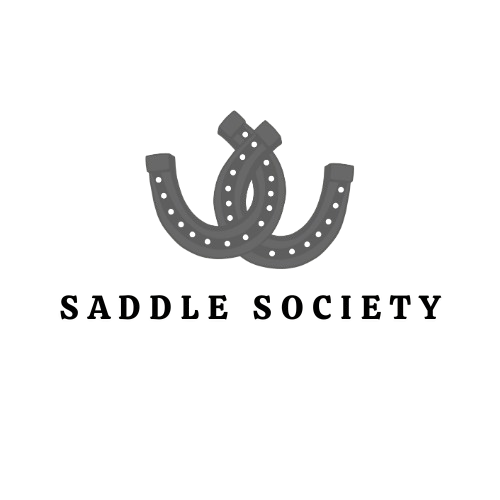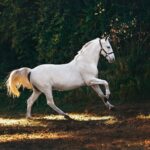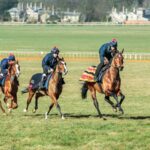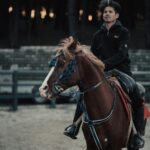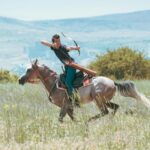The difference between victory and defeat in equestrian competitions often comes down to what happens between the rider’s ears. While physical skills and horse training are fundamental, the mental aspects of competitive riding can make or break a performance. Elite riders understand that maintaining focus, managing nerves, and developing mental resilience are just as crucial as perfecting a flying change or mastering a tight turn. In the high-pressure environment of competition—where split-second decisions matter and communication with a 1,200-pound partner is paramount—mental fortitude becomes the hidden advantage that separates champions from the rest. This article explores practical strategies and psychological techniques to help riders develop the mental toughness needed to perform at their best when it matters most.
Understanding Performance Anxiety in Equestrian Sports
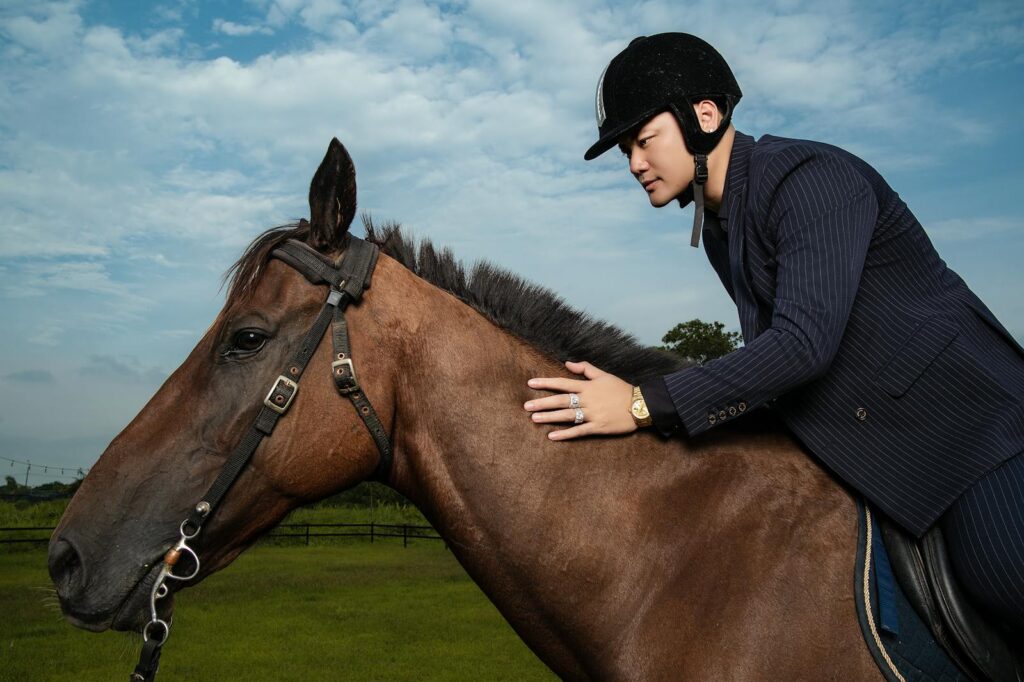
Performance anxiety affects riders at all levels, from beginners at their first local show to professionals competing at international events. This nervousness stems from a complex interplay of factors, including fear of judgment, perfectionism, previous negative experiences, and the pressure to succeed. Physiologically, anxiety triggers the body’s fight-or-flight response, releasing adrenaline and cortisol that can cause shaking hands, shallow breathing, racing thoughts, and even nausea. What makes equestrian sports particularly challenging is that horses are incredibly sensitive to their riders’ emotional states; they can detect subtle changes in muscle tension, breathing patterns, and heart rate. Research has shown that a rider’s anxiety directly transfers to their mount, potentially creating a negative feedback loop where the horse’s resulting tension further increases the rider’s stress levels.
The Psychology of Focus in High-Pressure Situations
Focus in competitive riding isn’t simply about concentration—it’s about directing attention to the right things at the right time. Sports psychologists distinguish between internal focus (your body position, breathing, and thoughts) and external focus (the course ahead, your horse’s responses, and environmental factors). During competition, riders must constantly shift between these focal points while filtering out distractions like spectator noise, announcements, or the pressure of being judged. The concept of “appropriate focus” means knowing exactly where your attention should be directed at each moment of your ride. High-pressure situations often cause what experts call “attention narrowing,” where a rider becomes fixated on a single concern (like a difficult fence ahead) while missing other important cues. Developing flexible attention—the ability to broaden or narrow focus as needed—is essential for maintaining optimal performance under pressure.
Pre-Competition Routines That Enhance Mental Readiness
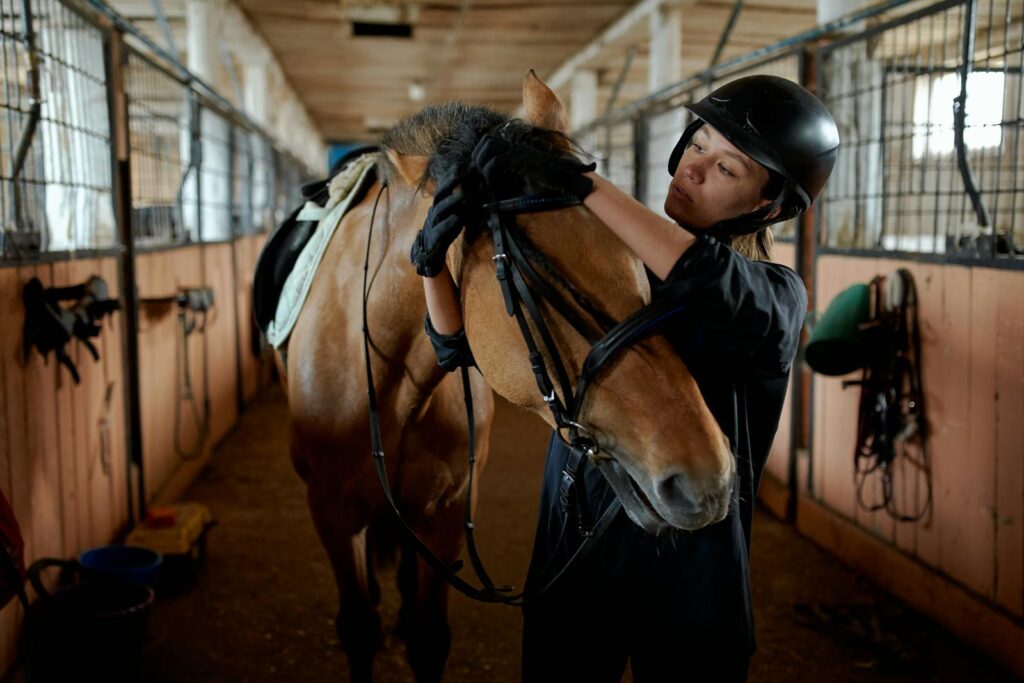
Establishing a consistent pre-competition routine creates a sense of normalcy and control in otherwise stressful environments. Effective routines typically begin well before mounting and include physical, technical, and mental preparation. Many top riders schedule specific times for course walks, warm-ups, mental rehearsals, and quiet reflection. Physical preparation may involve light stretching or breathing exercises to release tension, while technical preparation includes reviewing course maps or test patterns. The mental component often incorporates visualization, positive self-talk, or brief mindfulness practices. Research in sports psychology confirms that consistent routines lower anxiety by creating predictability and triggering performance-enhancing mental states. The key to an effective routine lies in personalization—it should reflect your unique needs and preferences while remaining adaptable to different competition settings.
Visualization Techniques for Competitive Riders
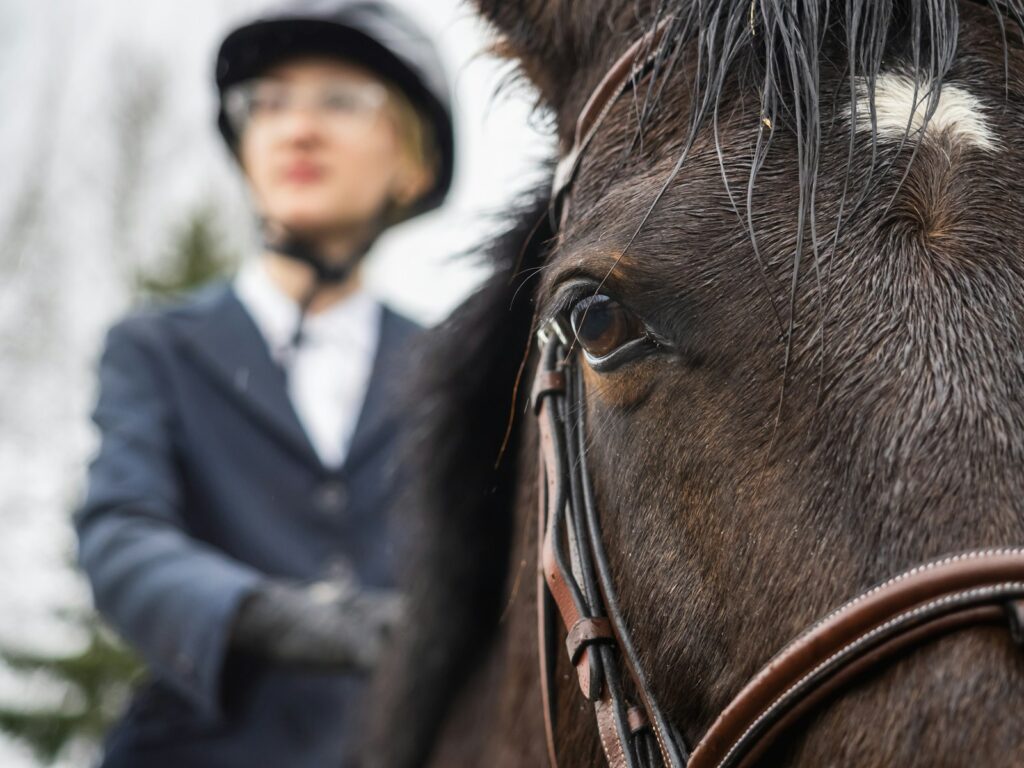
Visualization, sometimes referred to as mental rehearsal or imagery, is a powerful technique used by elite athletes across all sports, including equestrian disciplines. This practice involves creating detailed mental images of yourself performing successfully, engaging all your senses to make the experience as vivid and realistic as possible. Effective visualization includes not just visual elements, but also the sounds of hoofbeats and crowd noise, the sensation of your horse’s movement, and even the distinct smells of the arena. Neuroscience research shows that visualization activates many of the same neural pathways as actual physical practice, making it an effective way to train your brain for success. For competitive riders, visualization serves multiple purposes: rehearsing a plan for a complex course, mentally recovering from potential mistakes, and building confidence by repeatedly “experiencing” successful performances. Many Olympic equestrians report visualizing their entire rides multiple times before entering the ring, mentally preparing for challenges and reinforcing the emotions of a successful outcome.
Breathing Techniques to Control Competition Nerves
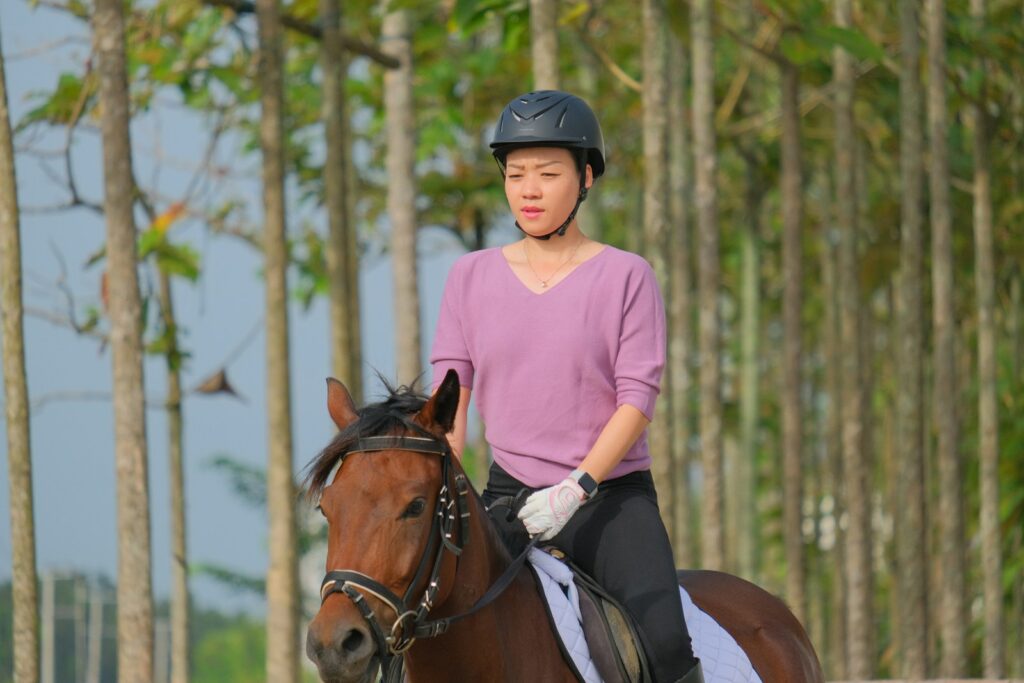
Controlled breathing is perhaps the most accessible and effective tool for managing competition anxiety in the saddle. When nervous, most riders unconsciously shift to shallow chest breathing, which reinforces the body’s stress response and negatively impacts posture and riding effectiveness. Diaphragmatic breathing—deep breathing that engages the diaphragm rather than just the chest—counteracts this tendency by activating the parasympathetic nervous system, which produces a calming effect. Techniques like “box breathing” (inhaling for four counts, holding for four, exhaling for four, and holding for four) can be practiced during quiet moments before competition or even while walking the course. Square breathing is particularly effective because it can be performed discreetly while mounted, perhaps during the final moments before entering the arena or while circling before a difficult fence. Regular breathing practice not only helps control immediate nervousness but also builds neural pathways that make the calming response more automatic over time.
Developing a Resilient Mindset for Setbacks
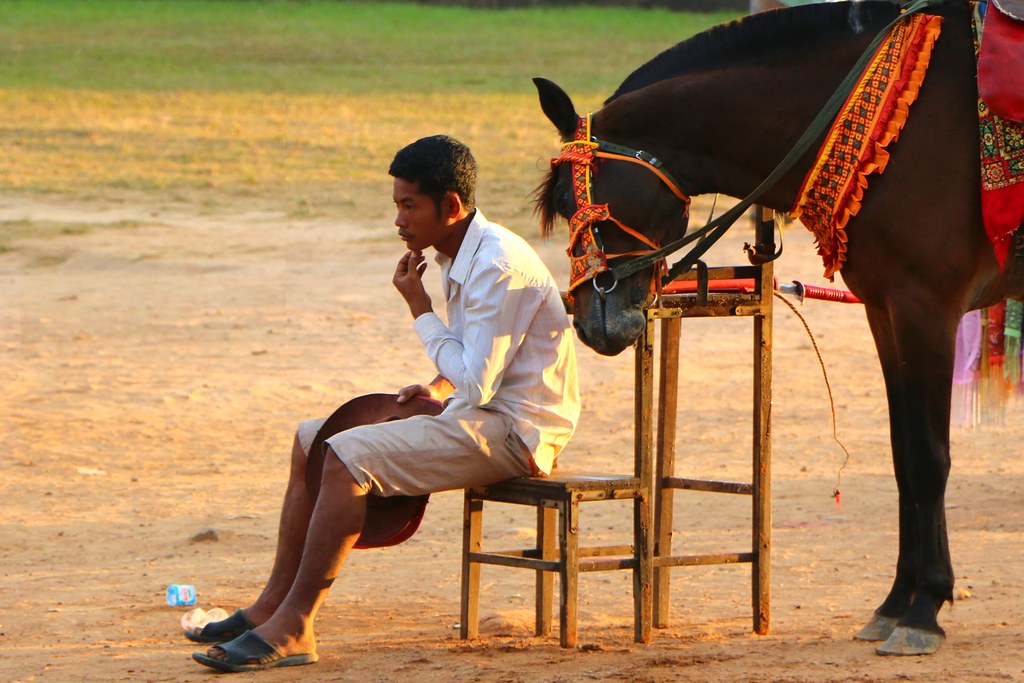
Equestrian sports are unpredictable by nature—even the most talented rider-horse combinations experience refusals, rails down, or off days. Mental resilience—the ability to bounce back from disappointments—is essential for competitive longevity. Resilient riders view mistakes as opportunities for growth rather than indicators of ability, embodying what psychologists call a “growth mindset.” This perspective enables them to analyze errors objectively without attaching their self-worth to performance outcomes. Practical strategies for building resilience include keeping a training journal that documents both successes and learning moments, developing specific post-mistake routines (such as taking a deep breath and refocusing), and intentionally practicing recovery from errors during training sessions. Elite riders often speak of developing an almost reflexive ability to “leave the last fence behind,” focusing completely on the present moment rather than dwelling on past mistakes or anticipating future challenges.
The Power of Positive Self-Talk in the Saddle
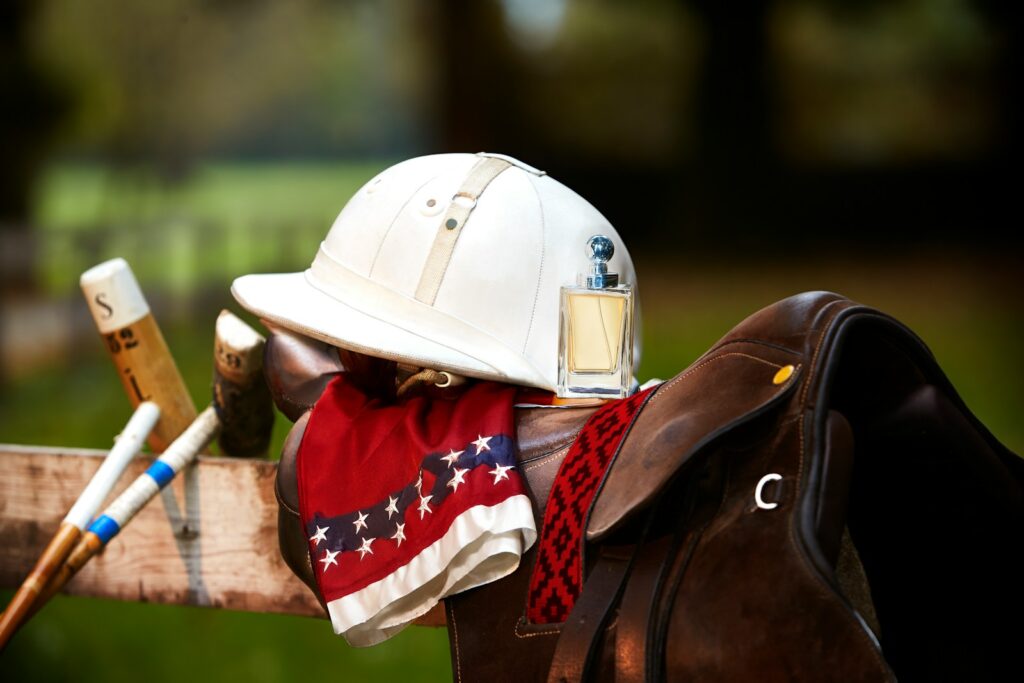
The ongoing conversation in a rider’s head profoundly impacts performance, yet many equestrians remain unaware of their internal dialogue until it becomes overwhelmingly negative. Competitive pressure often triggers self-critical thoughts (“I always mess up this combination” or “Everyone is watching me fail”) that create tension and undermine confidence. Effective self-talk isn’t about unrealistic positivity but rather about developing constructive, solution-focused thinking. Sports psychologists recommend replacing discouraging statements with process-focused cues that direct attention to specific actions (“Steady rhythm,” “Look up,” “Half-halt now”). Creating personalized mantras—short, powerful phrases that reinforce core strengths (“Strong and balanced” or “We’ve got this”)—can quickly redirect focus during critical moments. Research shows that self-talk is most effective when tailored to the individual and practiced consistently during training so that it becomes automatic under competition pressure.
Focus Strategies Between Classes and Rounds
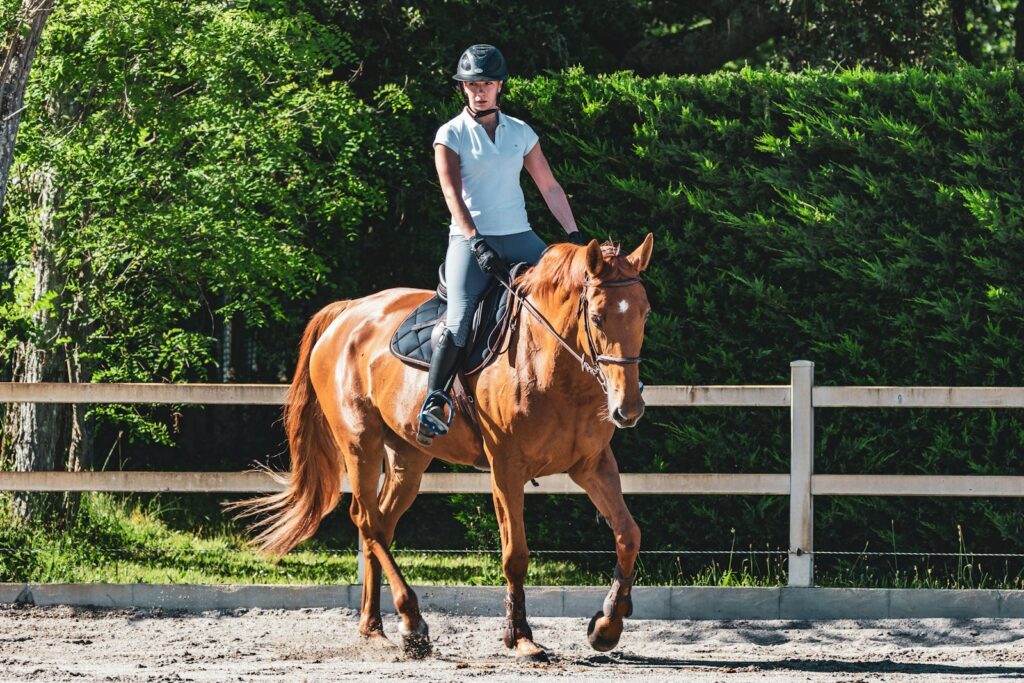
Maintaining optimal mental states between competitive rounds presents a unique challenge, especially during long show days with multiple classes. Many riders swing between extremes—either remaining intensely focused for hours, which can lead to mental fatigue, or completely disengaging, which makes it difficult to re-enter the competitive mindset. Sports psychologists recommend a pulsed approach, alternating between focused preparation and strategic recovery periods. Practical techniques include creating physical “focus zones” (specific areas designated for mental preparation) and “relaxation zones” (where riders deliberately unwind). Managing technology use is increasingly important, as constant phone checking can fragment attention and heighten anxiety through social media comparisons or live scoring updates. Top riders often engage in structured downtime activities such as quiet conversation, light snacking, or brief walks to sustain energy without losing their competitive edge. Intentionally planning these transitions, rather than leaving them to chance, helps preserve mental freshness for each competitive effort.
Managing External Pressures and Expectations
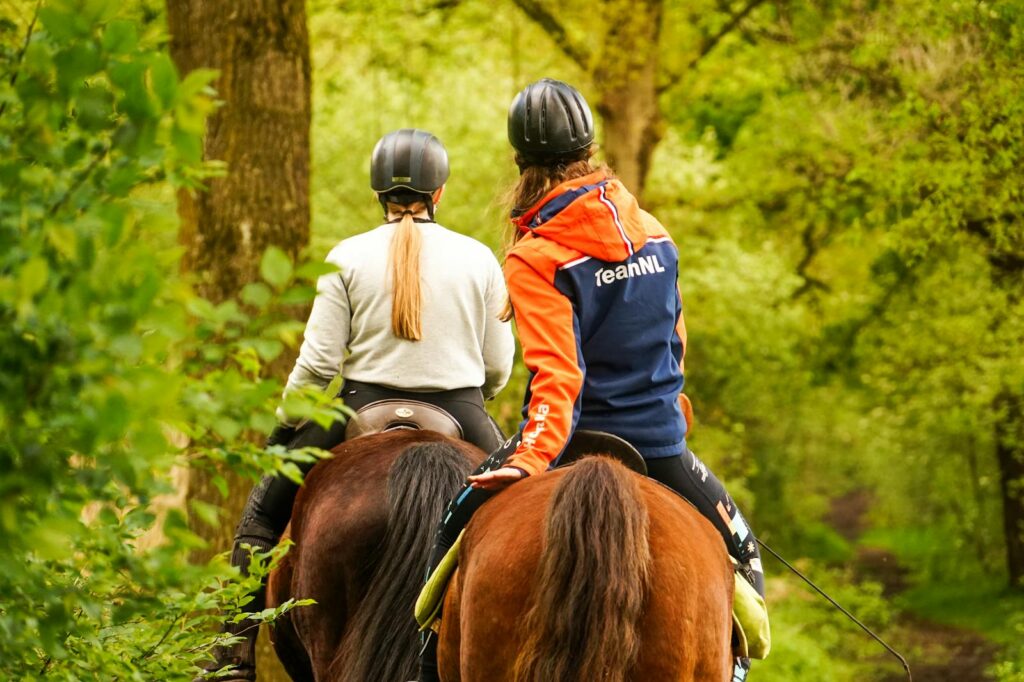
External pressure from trainers, parents, sponsors, or peers can significantly impact a rider’s mental state and performance. While some competitors thrive under expectations, many find that pressure triggers overthinking, tension, and performance anxiety. Effective pressure management begins with honest self-awareness about how various forms of expectation affect your riding. Communication boundaries are essential—clearly articulating to support networks what kinds of pre-competition interactions help or hinder your mental preparation. Many riders work with their trainers to establish specific, concise feedback between rounds rather than extensive critiques that can overload focus. Advanced psychological techniques such as “pressure reframing” help riders reinterpret expectations as challenges or opportunities rather than threats. Olympic-level equestrians often describe pressure as a privilege—proof that their efforts matter to others—rather than a burden to be feared.
Focus Recovery: Bouncing Back After Mistakes
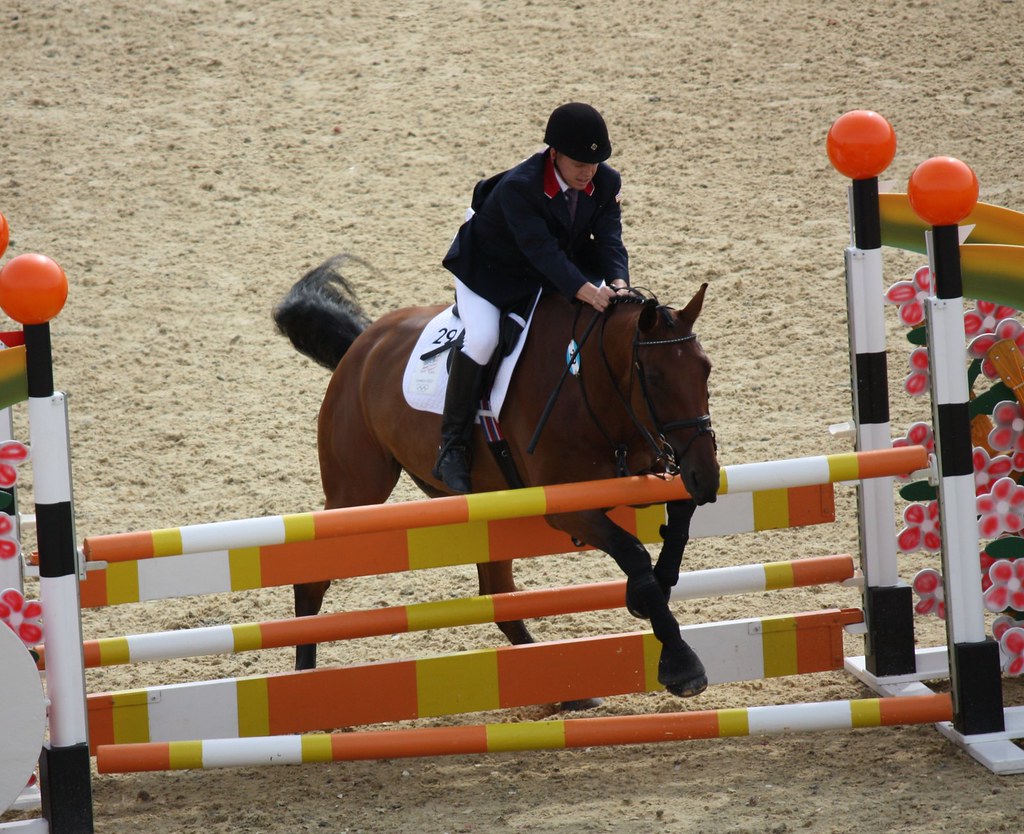
Even with thorough mental preparation, mistakes are inevitable in competition. The key skill is not avoiding errors altogether but recovering focus swiftly after they occur. Neuroscience research shows that the brain requires approximately 90 seconds to process an emotional reaction, making the immediate aftermath of a mistake a critical window where focus can easily deteriorate. Effective recovery strategies often involve a physical reset cue—such as adjusting a glove or taking a deep breath—to signal the brain to move forward. Many riders develop what psychologists call a “mistake routine”: a brief, intentional sequence of actions and thoughts implemented immediately after an error. This routine might include calmly acknowledging the mistake without judgment, taking a centering breath, physically resettling in the saddle, and refocusing on the next movement or fence. Practicing these recoveries during training is vital, as it strengthens neural pathways that will activate more automatically under the pressure of competition.
Using Mindfulness to Enhance Riding Focus
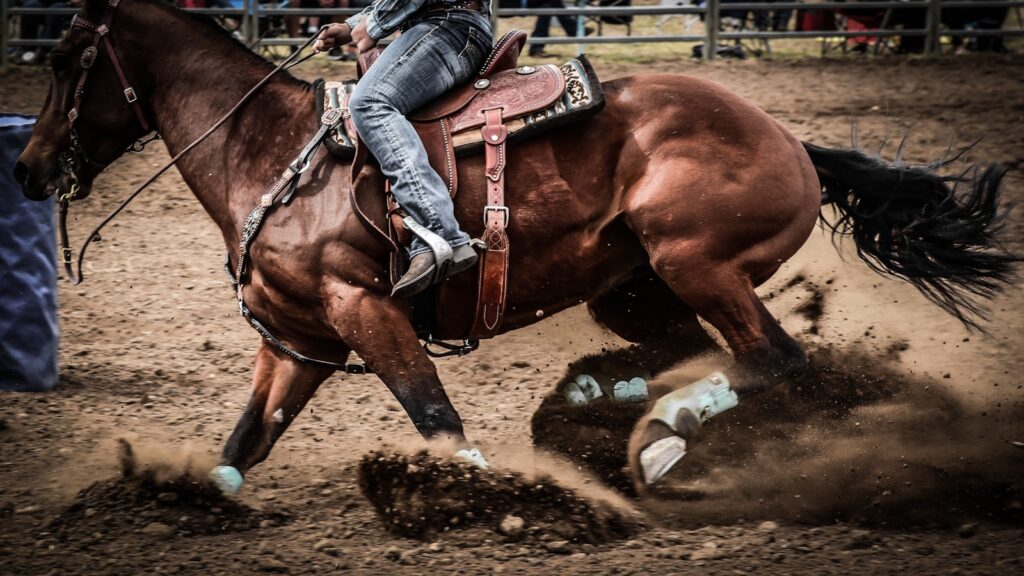
Mindfulness—the practice of bringing non-judgmental awareness to the present moment—has gained significant traction in equestrian sports due to its benefits for focus and emotional regulation. Unlike concentration, which involves directing attention to specific tasks, mindfulness fosters a broader awareness that allows riders to notice important cues without becoming fixated or reactive. Even brief, regular mindfulness sessions have been shown to alter brain regions responsible for attention control, emotional balance, and body awareness—all essential skills for competitive riders. Practical applications include “micro-mindfulness” moments during competition prep, such as spending 30 seconds tuning into physical sensations, ambient sounds, and breath. Many riders incorporate mindfulness into their warm-up routines, using periodic check-ins to assess body tension, breathing, and the quality of their connection with the horse. The foundational skill of observing thoughts without attachment is especially valuable for managing the inevitable anxieties and distractions that arise under competitive pressure.
Working With Mental Skills Coaches in Equestrian Sports
The field of equestrian sports psychology has expanded significantly in recent years, with specialized mental skills coaches now supporting riders from junior levels to Olympic competition. These professionals typically combine formal training in sports psychology with equestrian experience, enabling them to address the unique mental demands of riding. The coaching process often begins with an assessment phase, which may include interviews, observation, and sometimes formal psychological tools to to identify both mental strengths and areas for improvement. Based on this information, coaches design personalized mental training programs that may include anxiety management techniques, focus development, confidence building, and performance routines. Unlike traditional therapy, sports psychology coaching is present-focused and performance-driven, using targeted strategies to build specific mental skills. Many riders report that working with a mental coach provides accountability and tailored tools that general self-help methods often lack, with some crediting their breakthrough performances to these professional partnerships.
Integrating Mental Training Into Daily Riding Practice
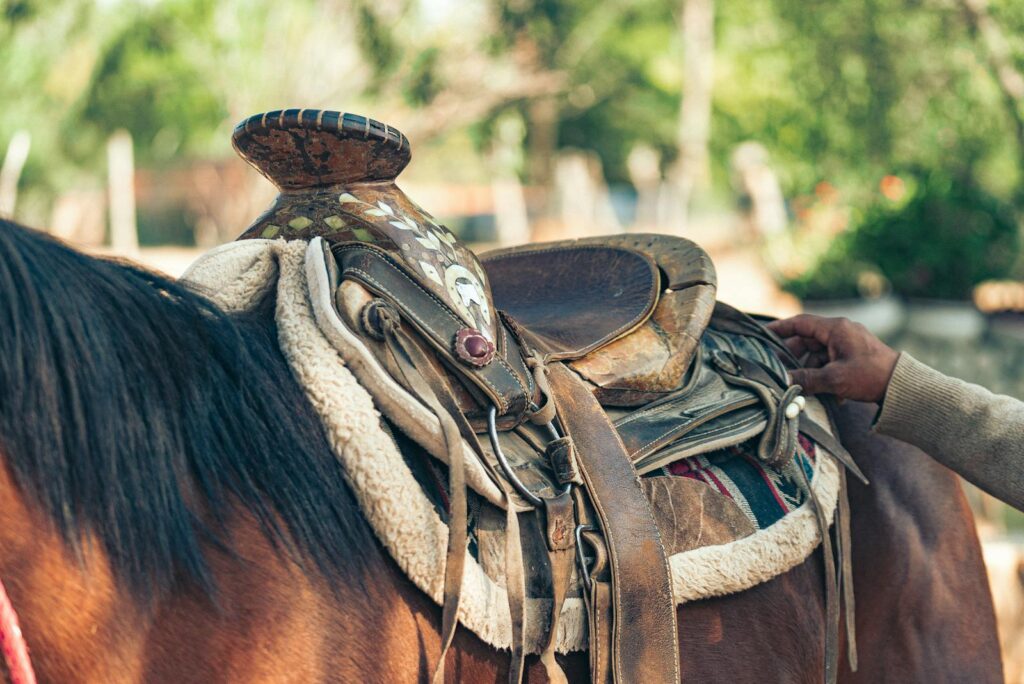
Mental skills, like physical ones, develop through consistent practice rather than last-minute application at competitions. Effective riders integrate mental training into their regular riding sessions, creating what sports psychologists call “pressure-proofed” skills that withstand competitive stress. Practical implementation might include designating one training session weekly as a “mental focus day” where you practice specific psychological techniques alongside riding skills. Creating artificial pressure during training—having observers watch a particular exercise, recording a test run, or imposing time constraints—helps bridge the gap between practice and competition environments. Technology offers additional options, with specialized apps providing guided visualizations, focus exercises, or breathing training specifically designed for athletes. The most successful integration approach involves identifying your particular mental challenges through competition experiences, then systematically addressing these areas during low-pressure training sessions. This progressive method builds lasting confidence through repeated success, creating a mental reservoir to draw from when the pressure is on.
The mental side of competitive riding represents one of the most significant yet undertrained aspects. Unlike physical skills, which are visible and frequently coached, mental techniques often go unaddressed until challenges surface in competition. By proactively developing focus, resilience, and emotional control, riders can tap into their full potential and achieve more consistent, rewarding performances. It’s important to remember that mental skills, like riding itself, are built through steady, intentional practice—not instant transformation. The path to mental mastery yields benefits far beyond ribbons and scores, fostering a deeper partnership with your horse, greater enjoyment of the competitive process, and valuable life skills that reach well beyond the arena. Committing to this dimension of your development honors both the athletic and psychological demands of one of the world’s most challenging sports.
